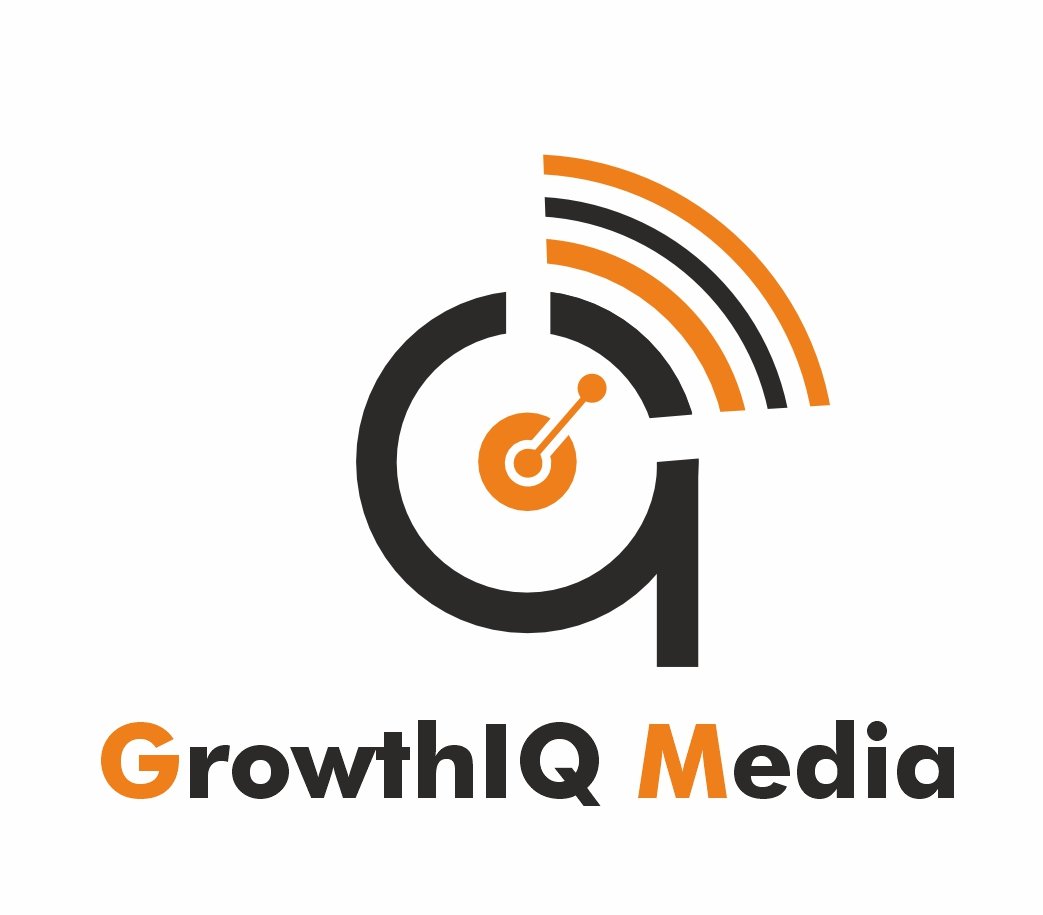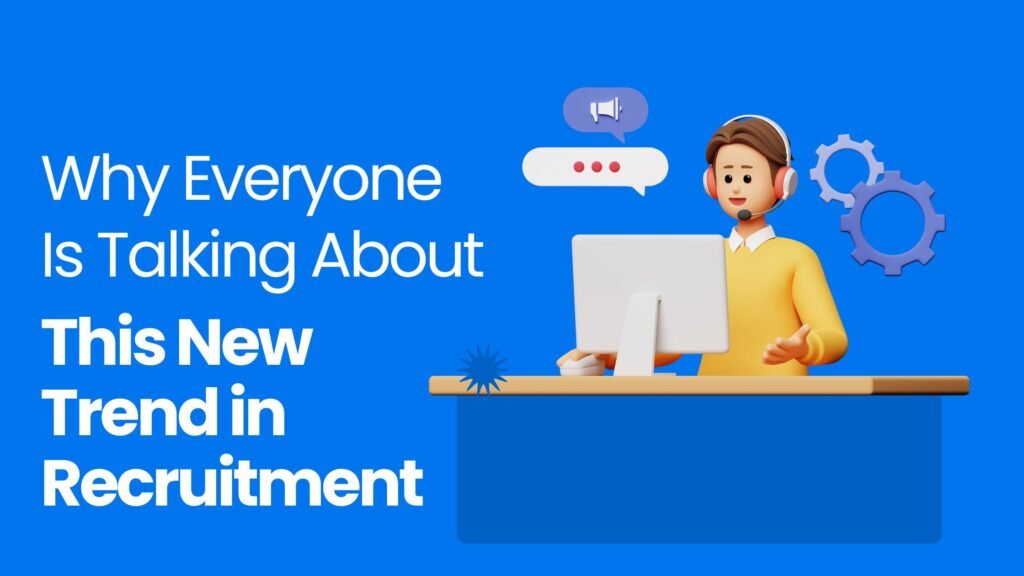Are you aware about the popularity of this new trend in recruitment?
In the rapidly evolving world of recruitment, staying ahead of the curve is vital for organizations aiming to attract top talent and maintain competitive advantage.
Recently, a new trend has emerged in recruitment strategies which is capturing the attention of industry professionals and HR experts alike: the integration of advanced artificial intelligence (AI) and machine learning technologies.
The Rise of AI in Recruitment
Artificial intelligence has gradually woven itself into various aspects of business operations, and recruitment is no exception. AI-powered tools are transforming traditional hiring processes by automating tasks, enhancing candidate screening, and improving decision-making efficiency. This trend is driven by the need for organizations to handle large volumes of applications, reduce biases, and make data-driven hiring decisions.
Enhanced Efficiency and Automation
One of the most significant advantages of incorporating AI into recruitment is the enhancement of efficiency. Recruitment can be a time-consuming process, often involving the manual review of hundreds or even thousands of resumes. AI-driven applicant tracking systems (ATS) streamline this by automatically parsing resumes, identifying key skills, and matching candidates to job descriptions with remarkable speed.
Moreover, AI chatbots are revolutionizing candidate engagement. These chatbots can conduct preliminary screenings, answer frequently asked questions, and schedule interviews, significantly reducing the administrative burden on HR teams. By handling routine tasks, AI allows recruiters to focus on more strategic aspects of the hiring process, such as engaging with top-tier candidates and building relationships.
Bias Reduction and Fairness
Another compelling aspect of AI in recruitment is its potential to reduce unconscious bias. Traditional hiring processes can inadvertently favor certain demographics or backgrounds due to human biases. AI systems, when designed and implemented correctly, can help mitigate these biases by focusing on objective criteria and standardized evaluations.
For instance, AI algorithms can be programmed to assess candidates based on their skills, qualifications, and experience rather than demographic factors. Additionally, advanced machine learning models can continuously learn from hiring patterns and adjust their algorithms to ensure fairer assessments. However, it’s crucial to note that the effectiveness of bias reduction depends on the quality of the data used to train these AI systems. Poorly designed algorithms or biased training data can perpetuate existing inequalities if not carefully managed.
Data-Driven Decision Making
AI’s ability to analyze and interpret large datasets is transforming recruitment into a more data-driven process. Predictive analytics tools leverage historical data to forecast candidate success and identify patterns that may not be immediately apparent to human recruiters. For example, AI can analyze past hiring outcomes to predict which candidates are most likely to succeed in a given role based on various factors such as experience, skills, and cultural fit.
Furthermore, AI tools can provide insights into recruitment metrics, such as time-to-hire, cost-per-hire, and candidate sources. This data-driven approach enables organizations to refine their recruitment strategies, allocate resources more effectively, and make informed decisions that align with their hiring goals.
Personalization and Candidate Experience
The integration of AI in recruitment also enhances the candidate experience by enabling more personalized interactions. AI-driven platforms can tailor job recommendations and communication to individual candidates based on their preferences, skills, and career aspirations. Personalized outreach not only improves engagement but also helps build a positive employer brand.
AI can also facilitate more effective communication throughout the recruitment process. For instance, AI-powered tools can provide candidates with real-time updates on their application status, offer feedback, and address concerns promptly. This level of personalization contributes to a more transparent and engaging experience, which can enhance candidate satisfaction and encourage top talent to consider opportunities with the organization.
Challenges and Considerations
Despite its numerous advantages, the adoption of AI in recruitment is not without challenges. One of the primary concerns is ensuring the ethical use of AI and avoiding potential pitfalls related to data privacy and algorithmic fairness. Organizations must be vigilant about how AI systems are implemented, ensuring that they adhere to legal and ethical standards.
Additionally, while AI can significantly enhance efficiency and decision-making, it is not a substitute for human judgment. Recruiters must strike a balance between leveraging AI tools and maintaining a human touch in the hiring process. Personal interactions, such as interviews and cultural fit assessments, remain crucial elements of recruitment that cannot be fully replicated by AI.
The Future of Recruitment
Looking ahead, the role of AI in recruitment is expected to continue to evolve. As technology advances, we can anticipate even more sophisticated AI tools that offer deeper insights, greater automation, and improved candidate experiences. Innovations such as AI-driven talent pooling, enhanced virtual interviewing technologies, and more advanced predictive analytics are likely to shape the future of recruitment.
However, the successful integration of AI into recruitment will depend on how organizations adapt to these changes. Embracing AI requires a thoughtful approach that balances technological advancements with ethical considerations and human expertise. Companies that can navigate this balance effectively will be well-positioned to attract top talent and achieve recruitment success in the digital age.
Summing up!
As we’ve reached tge end of this article we can say that the new trend in recruitment, driven by the integration of AI and machine learning technologies is reshaping how organizations approach hiring. With its potential to enhance efficiency, reduce bias, and improve decision-making, AI is proving to be a game-changer in the recruitment landscape. As organizations continue to explore and implement AI-driven solutions, the future of recruitment promises to be more data-driven, personalized, and efficient than ever before.
To learn more such insights follow our blog and check out other articles as well!





Leave a Reply